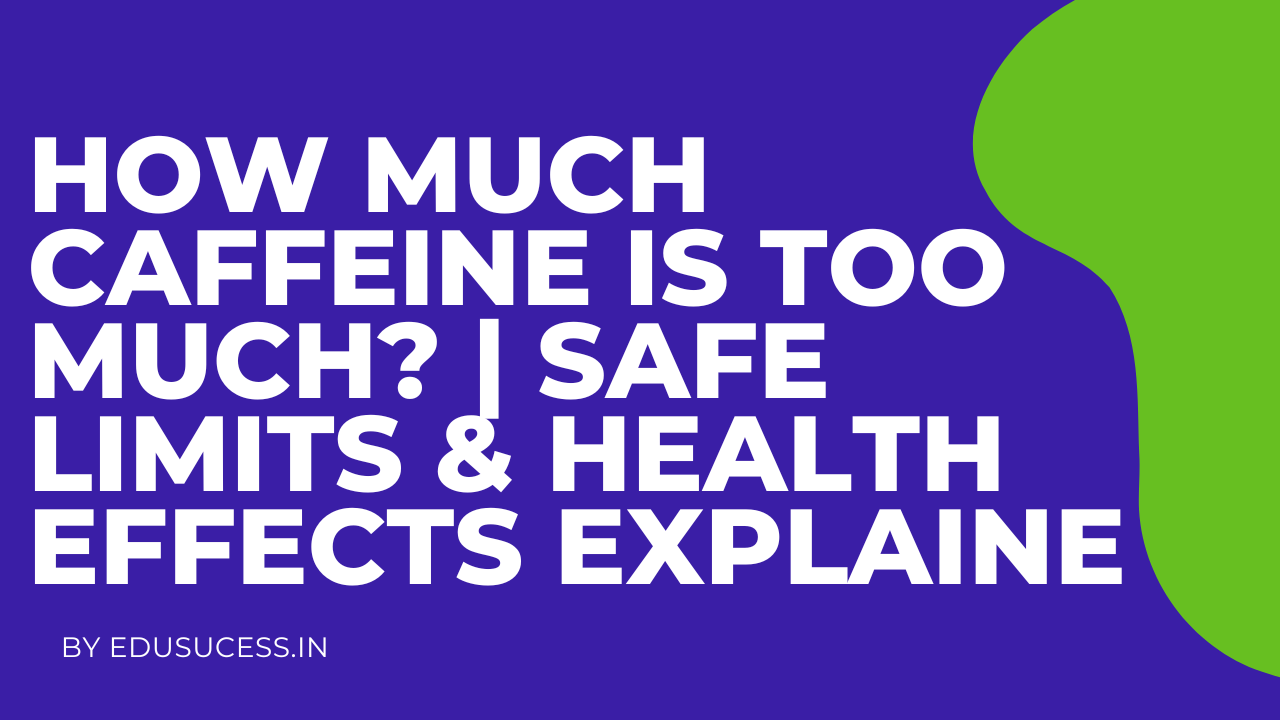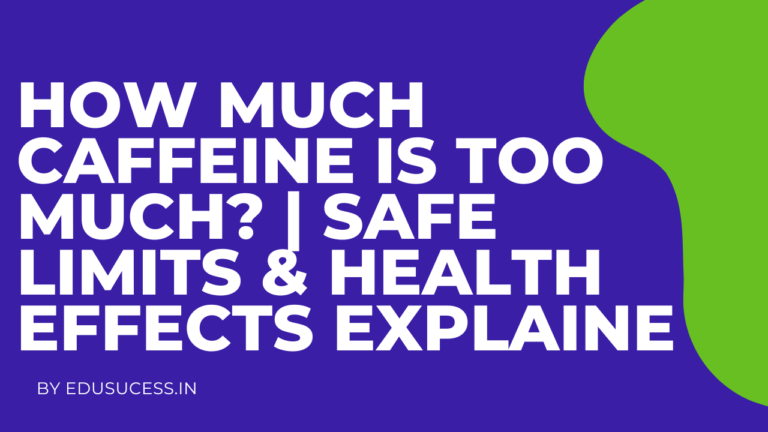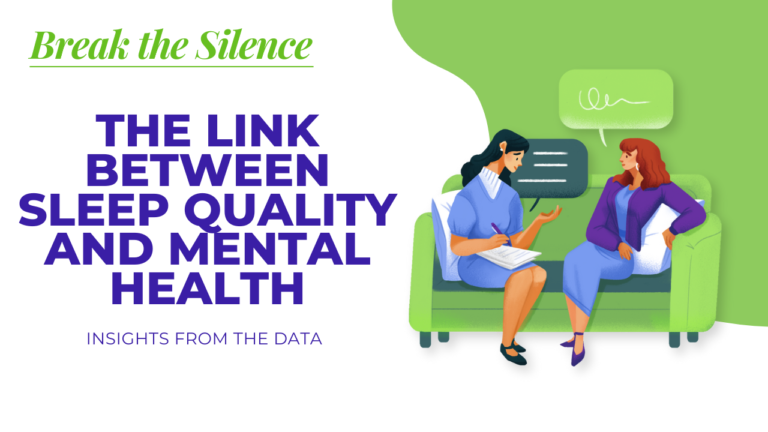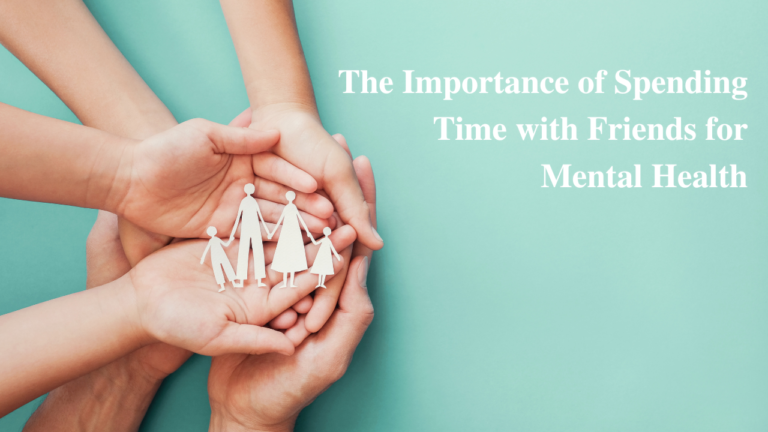
Caffeine is the go-to stimulant for millions around the world, fueling mornings, enhancing focus, and giving a much-needed energy boost. While moderate consumption is generally safe, excessive intake can lead to serious health concerns. So, how much caffeine is too much? Let’s explore the safe limits, its health benefits, potential risks, and how to manage your caffeine intake.
What Is Caffeine?
Caffeine is a natural stimulant found in coffee, tea, chocolate, energy drinks, and certain medications. It works by blocking adenosine, a neurotransmitter that promotes sleep, leading to increased alertness and reduced fatigue.
How Much Caffeine Is Considered Safe?
The safety of caffeine intake largely depends on individual factors like age, weight, tolerance, and overall health. Here are general guidelines:
- Adults: Up to 400 mg of caffeine per day (about 4 cups of brewed coffee) is considered safe by the FDA.
- Pregnant Women: Limit caffeine to 200 mg per day to reduce the risk of complications.
- Children & Adolescents: Intake should be minimal; the American Academy of Pediatrics recommends avoiding caffeine altogether for younger children.
Signs You’re Consuming Too Much Caffeine
While moderate consumption can boost energy, too much caffeine can cause:
- Restlessness & Anxiety
- Insomnia
- Rapid Heartbeat
- Digestive Issues
- Dependence & Withdrawal Symptoms
If you’re experiencing these symptoms, it might be time to cut back.
Health Benefits of Moderate Caffeine Consumption
- Enhanced Mental Alertness: Caffeine boosts focus and short-term memory.
- Increased Physical Performance: It stimulates adrenaline production, which can improve endurance.
- Antioxidant Properties: Coffee and tea contain antioxidants that may help reduce inflammation and fight free radicals.
Potential Health Risks of Excessive Caffeine Intake
- Cardiovascular Issues: High doses can increase blood pressure and heart rate.
- Sleep Disruptions: Caffeine can interfere with sleep patterns, leading to insomnia.
- Addiction and Dependence: Regular consumption can lead to physical dependence and withdrawal symptoms like headaches and fatigue.
- Bone Health: Excessive caffeine may reduce calcium absorption, potentially weakening bones over time.
How to Manage Your Caffeine Intake
- Monitor Your Consumption: Keep track of your daily caffeine intake from all sources.
- Switch to Decaf: Gradually replace caffeinated drinks with decaffeinated alternatives.
- Stay Hydrated: Caffeine can be dehydrating, so ensure you drink enough water.
- Limit Consumption After Noon: Avoid caffeine in the afternoon to prevent sleep disturbances.
Conclusion
Caffeine can be a helpful tool for boosting energy and focus, but moderation is key. By understanding your personal limits and recognizing the signs of overconsumption, you can enjoy caffeine safely without compromising your health.
Frequently Asked Questions
Q: What happens if I exceed 400 mg of caffeine daily?
A: Exceeding this amount can lead to side effects like anxiety, insomnia, and increased heart rate. Long-term overconsumption may cause more serious health problems.
Q: Is caffeine addictive?
A: Yes, regular use can lead to dependence, but withdrawal symptoms are typically mild and temporary.
Q: Are energy drinks safe?
A: Many energy drinks contain high caffeine levels, often combined with sugar and other stimulants. Moderation is essential, especially for children and teens.

















